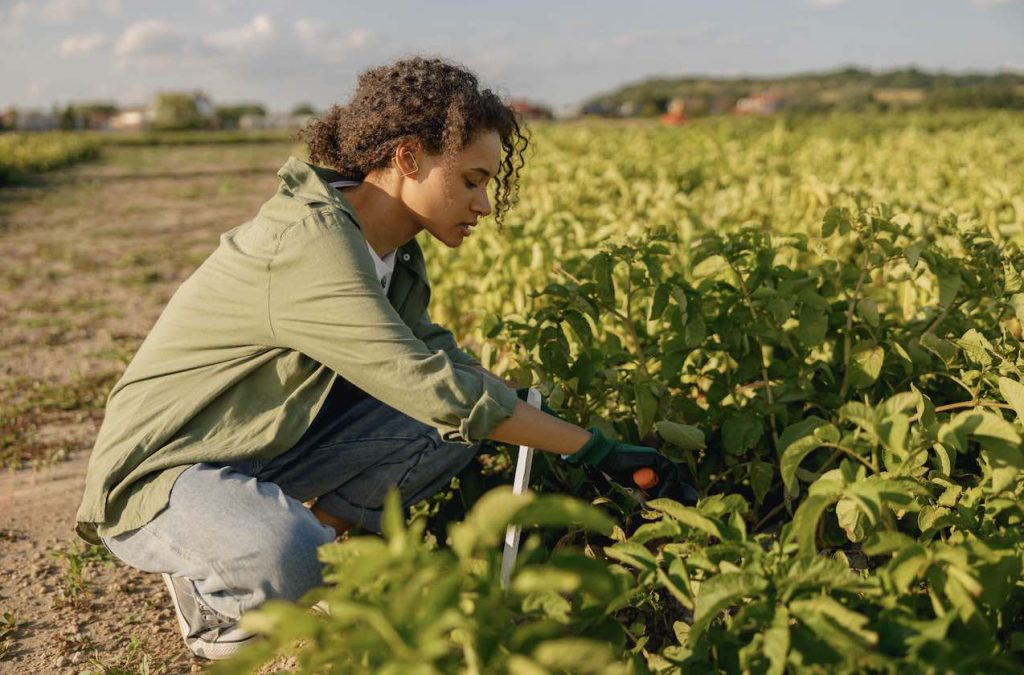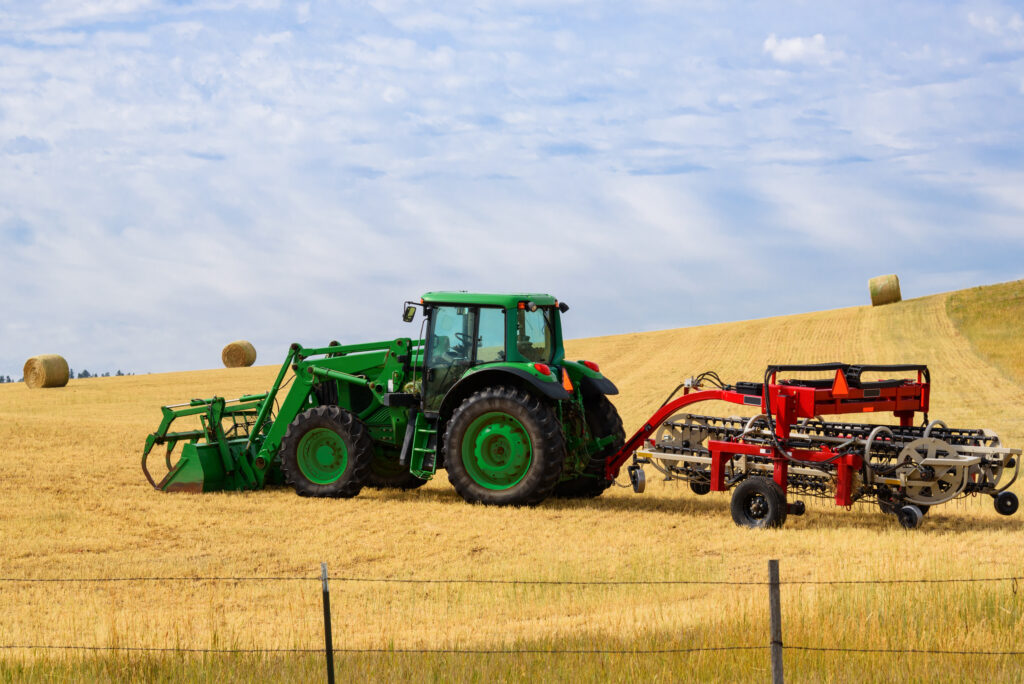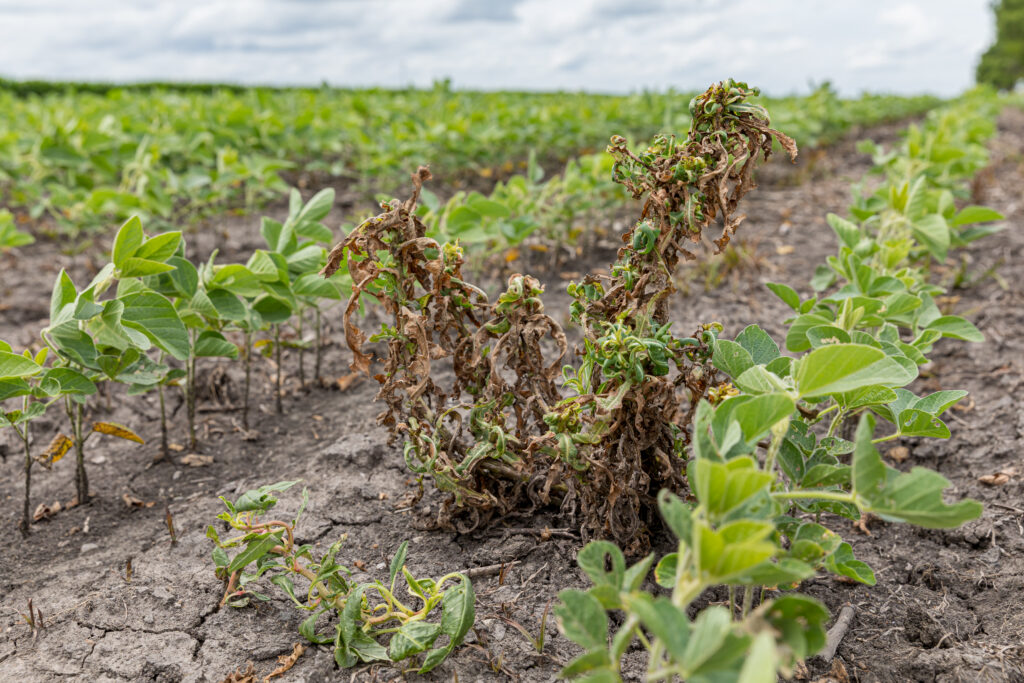After many months of delays, the 2024 Farm Bill is finally taking shape as the Senate and House Agriculture Committee Chairs released their proposed bill frameworks last week. We’ve released our analysis of the House farm bill framework, and this week we’re diving into the Senate proposal.
Senator Debbie Stabenow’s section-by-section summary of her farm bill framework provides substantially more detail than the House overview, and we’re encouraged that the draft includes many of Farm Action’s policy recommendations. Here are some of the highlights that caught our attention:
Commodities
This section appears to be a more bipartisan proposal than the House framework, as evidenced by the inclusion of one of Ranking Member John Boozman’s top farm bill priorities: raising reference prices for commodities, including for crops grown throughout the South. The House version included a similar proposal. These proposals are concerning because raising reference prices — triggering commodity subsidies at a higher price point — benefits corporate agricultural input suppliers at the expense of farmers and taxpayers.
However, this section includes important measures to support young and underserved farmers by expanding access to commodity subsidy programs that many have been previously excluded from. It also attempts to disincentivize the practice of Wall Street investors buying up farmland by restricting their access to commodity program payments.
Conservation
This section is one of the major differentiators between the House and Senate frameworks as it contains one of the more controversial issues: the use of the remaining conservation funding from the Inflation Reduction Act. This proposal reallocates the remaining funding into the permanent baseline for major conservation programs and, unlike the House’s version, maintains the existing guardrails that ensure this funding only goes to practices that meet the U.S. Department of Agriculture’s (USDA) climate-smart criteria.
We were also encouraged to see language to help farmers caught on the industrial treadmill transition to more resilient farming practices, such as regenerative grazing, agroforestry, organic, and diversified crop and livestock production systems.
Credit
This section includes important provisions to expand credit access to young and underserved producers by addressing land owner succession issues — such as those associated with heirs property— and increasing the microloan limit, as well as key administrative provisions that will ultimately benefit young and underserved farmers.
Horticulture
Both the House and Senate overviews make important new investments in specialty crops. Both increase funding for the Specialty Crop Block Grant, but the Senate version also makes other welcomed investments. The Senate overview includes expanded support and important improvements for other programs that are critical to local food systems, such as Local Agriculture Market Program, Local Foods Purchase Assistance Cooperative Agreement, and organic programs.
Crop Insurance
We’re pleased to see many of Farm Action’s priorities identified in this section, including reforming crop insurance programs to make them more accessible to small and mid-sized farmers growing food for their communities. These changes would ensure all types of farmers have affordable access to crop insurance programs. They also include crop insurance premium subsidies for good soil health management practices like cover cropping, which will help farmers build on-farm resiliency.
Miscellaneous
This section highlights several important livestock competition priorities, such as the establishment of the Office of the Special Investigator for Competition Matters, standards for “Product of USA” labeling, and making USDA’s Cattle Contracts Library Pilot Program permanent.
It also includes language to strengthen and build on existing work in equity, including establishing the position of an Ombudsperson at the USDA and expanding on Tribal Self-Determination pilots.
Additionally, it builds on other great work the USDA has been initiating, such as the establishment of Regional Food Business Centers and the Farmer Seed Liaison. It also requires the Secretary to conduct a study to examine barriers to and opportunities for commodity food purchases by the USDA and strengthens reporting requirements under the Agricultural Foreign Investment Disclosure Act.
Stay tuned for more updates on the 2024 Farm Bill.
Written and edited by: Sarah Carden, Christian Lovell, Jessica Cusworth, Angela Huffman, and Joe Maxwell




